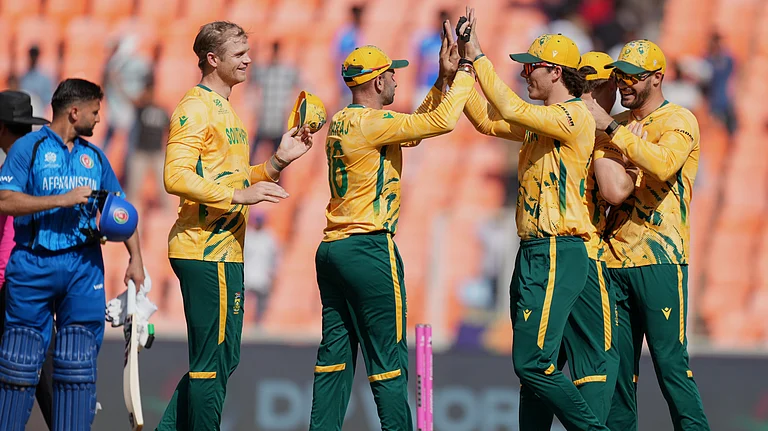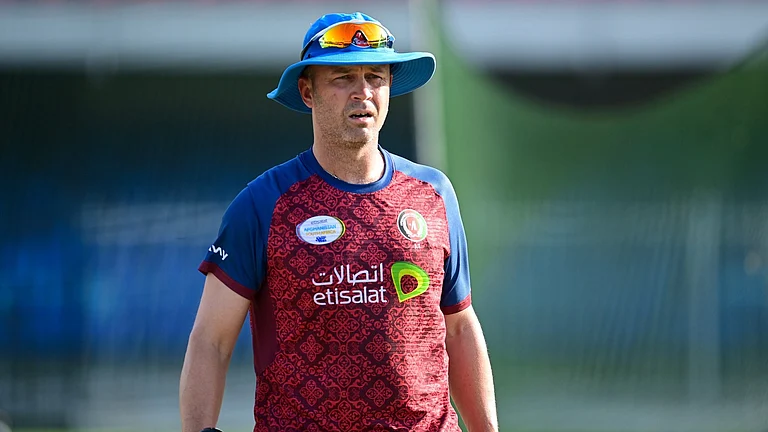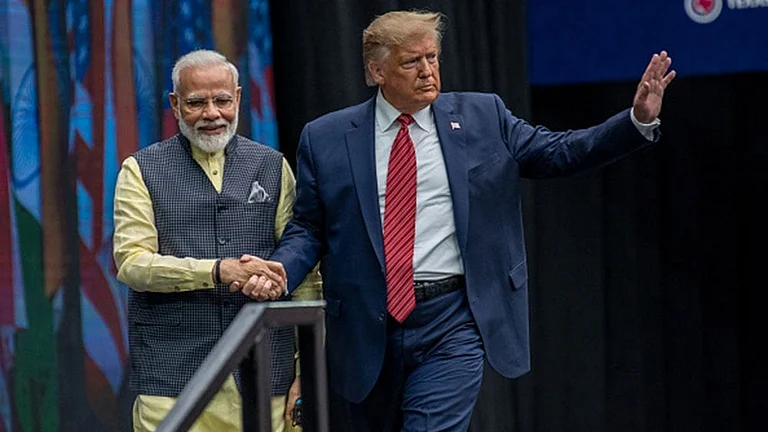The International Court of Justice, the United Nations’ highest judicial body, today began hearings on a case brought by South Africa accusing Israel of committing genocide in Gaza.
The Hague-based court heard South Africa's case on Thursday, with Israel set to respond on Friday. Palestinians and pro-Palestine advocates worldwide hope the ICJ can halt Israel's devastating military campaign in Gaza, which has killed over 23,000 people, including nearly 10,000 children.
South Africa's Accusations Against Israel
South Africa has accused Israel of committing genocide against Palestinians in Gaza, alleging violations of the 1948 Genocide Convention to which both nations are signatories.
Specifically, South Africa points to the high death toll among Gazans, especially children; the widespread destruction of homes; the blockade restricting food, water and medical aid; and other measures that have damaged health services vital for pregnant women and newborns in the territory.
International Court of Justice
The International Court of Justice (ICJ), also called the World Court, is the principal judicial organ of the United Nations. It adjudicates legal disputes submitted by member states and provides advisory opinions on legal questions referred by authorized UN organs and specialized agencies.
The ICJ is composed of 15 judges elected to nine-year terms by the UN General Assembly and Security Council. ICJ decisions are binding on parties to a case, but the court has no enforcement powers and depends on the Security Council to compel compliance. The ICJ is distinct from the International Criminal Court, which tries individuals accused of crimes such as genocide and war crimes.
Protesters Rally Outside ICJ as Genocide Case Commences
Demonstrators gathered outside the International Court of Justice (ICJ) today as the first hearing began in South Africa's case accusing Israel of committing genocide against Palestinians in Gaza. Israel and the United States have rejected the allegations.
Dagmar Bosma, 29, part of a coalition of pro-Palestinian groups, expressed gratitude to South Africa, stating, "It takes an oppressed people to recognise what is happening." Bosma's remarks were reported by the Washington Post.
Key Arguments
South African justice minister delivers opening statement
“In extending our hands … to the people of Palestine, we do so in full knowledge that we are part of a humanity.”
Addressing the court, Ronald Lamola said the oppression of Palestinian people did not begin following the Hamas attacks, arguing it has been ongoing for years.
The violence and the destruction in Palestine and Israel did not begin on October 7, 2023.South Africa’s Minister of Justice
“The Palestinians have experienced systematic oppression and violence for the last 76 years, on October 6, 2023, and every day since October 7, 2023."
Lawyer Adila Hassim: Adila Hassim, a South African lawyer representing the country, presented evidence to the International Court of Justice, asserting a "pattern of genocidal conduct" by Israel. Hassim stated that Israel's actions indicate a systematic pattern of conduct from which genocide can be inferred.
In an 84-page submission to the ICJ, South Africa cited evidence showing Israel is committing genocide by killing Palestinians in Gaza, causing serious mental and bodily harm, forced evacuations, widespread hunger, and by creating conditions "calculated to bring about their physical destruction."
Palestinians in Gaza have “been killed if they have failed to evacuate, in the places to which they have fled, and even while they have attempted to flee along Israeli-declared safe routes.Lawyer
Lawyer Tembeka Ngcukaitobi: Tembeka Ngcukaitobi, another lawyer representing South Africa, argued that South Africa is not alone in drawing attention to Israel's genocidal rhetoric against Palestinians in Gaza.
" Fifteen United Nations special rapporteurs and 21 members of the United Nations weapon groups have warned that what is happening in Gaza reflects a genocide in the making and an overt intent to destroy the Palestinian people and occupation," he said.
Ngcukaitobi went on to say there was an “extraordinary feature” in this case: “Israel’s political leaders, military commanders, and persons holding official positions, have systematically and in explicit terms declared their genocidal intent.”
Israel’s special genocidal intent is rooted in the belief that in fact the enemy is not just the military wing of Hamas, or indeed Hamas generally, but is embedded in the fabric of Palestinian life in Gaza.Lawyer
Lawyer Vaughan Lowe: Lawyer Vaughan Lowe challenged the International Court of Justice's panel, stating it's "hard to think of a case in recent history as important for the future of international law".
“Israel says that Palestine and Palestinians are not its target, that its aim is to destroy Hamas. But months of continuous bombing, flattening entire residential blocks, and cutting off food and water and electricity and communications to an entire population, cannot credibly be argued to be a manhunt for members of Hamas,” Lowe said.
Hamas is not a state and cannot be a party to the genocide convention, and cannot be a party to these proceedings.Lawyer
South Africa Requests Urgent Measures - Hearing Adjourned
Vusi Madonsela, South Africa's ambassador to the Hague, concluded the first day of the hearing by detailing the country's urgent requests for provisional measures. Among these measures are:
Israel suspends military operations in and against Gaza.
Israel ensures its military and any associated groups cease all military operations.
Israel halts the killing of Palestinian people.
Israel ceases displacing Palestinian people from their homes and ensures access to essentials such as food, water, healthcare, and basic infrastructure.
Israel takes all reasonable actions within its power to prevent genocide.


























